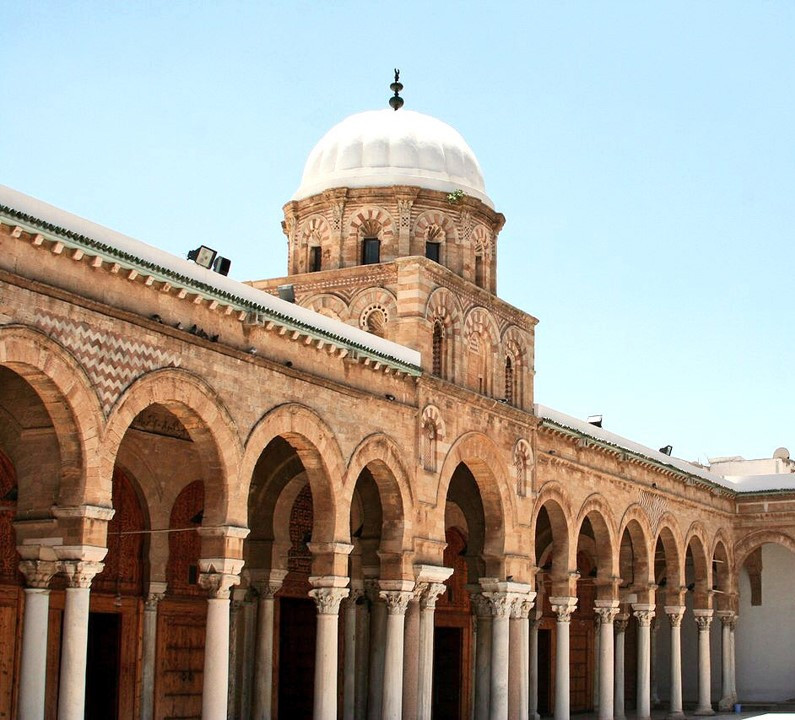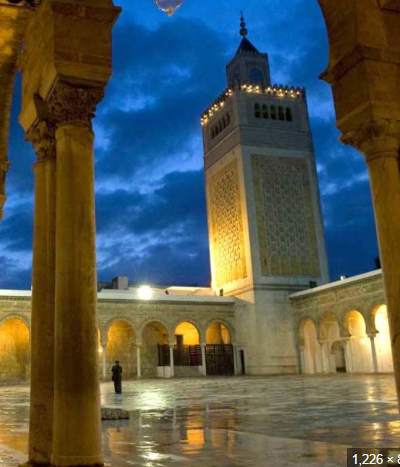

Syrian-Lebanese immigration deserves its own chapter among the pieces that make up the multifaceted Brazilian cultural diagram. From this arranged marriage – the result of the economic and political crisis the Middle East was going through at the start of the last century – the largest Arab diaspora in the world was born.
An exhaustive journalistic research and first-rate reportage, Brimos profiles emblematic families of national politics, such as the Boulos, the Feghali, the Haddad, the Kassab, the Maluf and the Temer, and gives space to the voices of those family members who remained in their countries of origin.
Among those who came, some were small traders and pedlars. Others arrived with possessions and university degrees. Together, in little over a hundred years, they paved the way for the profusion of Arab surnames that have a captive place in the national news and a decisive role in Brazil’s recent history.
I agree to the terms outlined below:
You agree to upload and assign Mosqpedia Database the rights to use the content worldwide and in perpetuity across all current and future media platforms. Mosqpedia Database may edit, copy, adapt and translate your contribution.
The content will be distributed under the Creative Commons Attribution-Deed – Attribution-NonCommercial-NoDerivatives 4.0 International – Creative Commons
All data will be stored in line with data protection regulations.